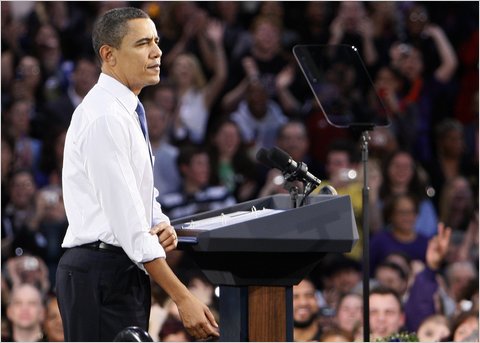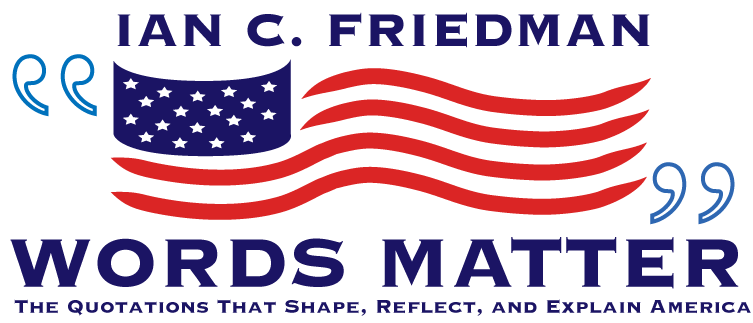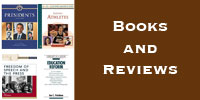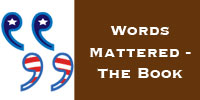“If not now, when? If not us, who?”- Barack Obama, March 8, 2010
 As the long trudge of health care reform appears to be approaching some kind of resolution, much attention has been given to President Obama’s recent efforts to rally support for its passage.
As the long trudge of health care reform appears to be approaching some kind of resolution, much attention has been given to President Obama’s recent efforts to rally support for its passage.
On Monday, Obama spoke at Arcadia University near Philadelphia with an intensity and spark that was reminiscent of the 2008 presidential campaign. In urging action on proposed health care reform legislation, Obama said:
Now, since we took this issue on a year ago, there have been plenty of folks in Washington who’ve said that the politics is just too hard. They’ve warned us we may not win. They’ve argued now is not the time for reform. It’s going to hurt your poll numbers. How is it going to affect Democrats in November? Don’t do it now.
My question to them is: When is the right time? If not now, when? If not us, who?
I had heard some version of this rhetorical question many times before, but was unaware of its origin. After a bit of research, I found a description of the quotation’s Talmudic background written by Stephen Dubner at the Freakonomics blog (I suppose I should have paid better attention in Hebrew School, or at least not missed so many classes to attend basketball practice.)
 I also discovered two examples of the quote’s usage, which provide a particularly interesting and some might think unlikely connection to American history. Both were spoken–in a slightly different order than Obama’s phrasing–by President Ronald Reagan. The first came in a 1981 speech at the White House observing the 200th anniversary of the colonists’ decisive victory over the British during the Revolutionary War and the second in Reagan’s second inaugural address in 1985 (note that the ceremony was held indoors at the Capitol Rotunda due to heavy, cold rain in Washington that day.)
I also discovered two examples of the quote’s usage, which provide a particularly interesting and some might think unlikely connection to American history. Both were spoken–in a slightly different order than Obama’s phrasing–by President Ronald Reagan. The first came in a 1981 speech at the White House observing the 200th anniversary of the colonists’ decisive victory over the British during the Revolutionary War and the second in Reagan’s second inaugural address in 1985 (note that the ceremony was held indoors at the Capitol Rotunda due to heavy, cold rain in Washington that day.)
Reading the transcripts and watching the videos of these speeches provides another reminder that Obama and Reagan have much in common. Each man evoked strong bonds with supporters and each entered the presidency in the midst of economic recession. Despite coming from different political parties, both were falsely caricatured as rigid ideologues. Reagan was and Obama is a practical man. This pragmatism, combined with their vision, appeal, and discipline often led opponents to tie themselves in knots and also allowed them the opportunity to lead transformative presidencies.




